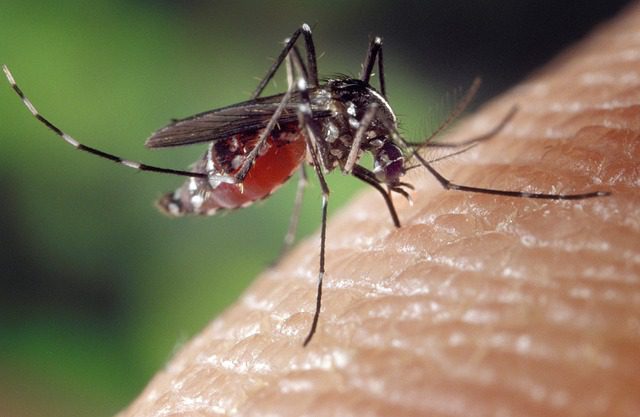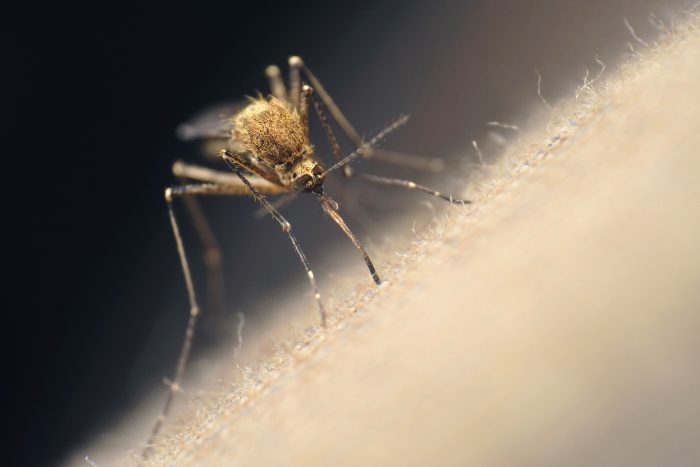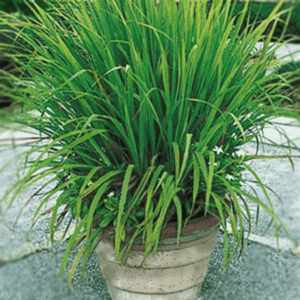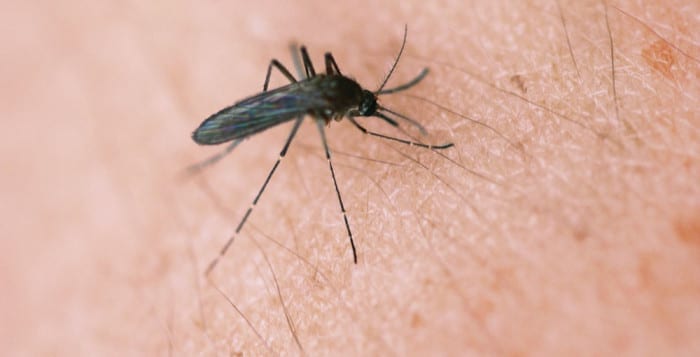By Daniel Dunaief
Mosquitoes can be much more than a nuisance as they search for their next blood meal: they can also pass along potentially dangerous viruses.
Long considered a tropical and subtropical health threat, dengue fever has reached record levels in the Americas this year. The illness has been traveling with Aedes mosquitoes that have been moving further north amid global climate change.
As of early July, mosquitoes in Texas, Florida and California have had one of the four viruses associated with the disease. Through early July, Florida reported 10 cases from local spread, according to an American Medical Association update.
Suffolk County residents who have traveled into areas that have dengue have contracted the illness, which has symptoms that are similar to the flu, such as high fever, headaches, body aches, nausea, vomiting and a rash.
Suffolk County has reported 12 cases of travel-related dengue so far through early July, which is more than all of last year and is the highest level since 2013, when 13 cases were reported for the entire year.
“We do have a fair amount of concern with global warming,” said Dr. Sharon Nachman, Chief of the Division of Pediatric Infectious Diseases at Stony Brook Children’s Hospital. “Even if people do not believe in it, mosquitoes have changed where they’re located. There is concern that the mosquitoes” will continue their trek farther north.
Suffolk County is one of many places throughout the country and the Americas that have reported an increase in cases for a disease for which residents have generally had no exposure and, as a result, no natural immunity.
New York State Department of Health alerted medial professionals to consider dengue as a diagnosis if people who are sick have a travel history and related symptoms, Dr. Gregson Pigott, Suffolk County Health Commissioner, explained in an email.
Symptoms of dengue typically begin within two weeks of being bitten by an infected mosquito.
From January 1 through June 24, countries in the Americas reported more than 9.7 million dengue cases, twice as many as in all of 2023, according to the Centers for Disease Control and Prevention.
Indeed, in Puerto Rico, infection levels climbed so high in early April that the Puerto Rico Health Department declared a public health emergency.
While a majority of dengue infections are asymptomatic or produce mild illnesses, the virus can cause severe cases and can be fatal, according to the World Health Organization.
“Anyone who lives in or travels to an area with risk of dengue is at risk for infection,” Pigott explained. “Children and those who are elderly are at higher risk for serious illness.”
People with dengue typically receive supportive care, which includes rest, pain medications and fluids.
Protection
Health professionals urged people traveling to areas with dengue to take a number of steps to protect themselves.
EPA-registered insect repellents, coupled with loose-fitting, long-sleeved shirts and pants can keep mosquitoes away.
Additionally, people can treat their clothing and gear, including hats, shoes and socks, with permethrin.
“Don’t be around standing water, which is a wonderful place for mosquitoes to breed,” advised Nachman.
In Suffolk County, the arthropod-borne disease lab collects mosquitoes and sends them to the New York State Department of Health lab in Wadsworth, New York. Asian tiger mosquitoes, which have carried dengue, zika and chikungunya viruses, have been found in Suffolk County, Pigott added.
“No samples of Aedes albopictus mosquitoes that have been sent to the lab have tested positive for those viruses,” Pigott wrote.
While health professionals are on the lookout for potential cases of dengue among residents who have traveled, they are more concerned currently with West Nile virus, which people can contract locally.
Other local illnesses
As for illnesses in the county, Nachman has seen patients who have been battling a collection of viruses, including enteroviruses and Covid.
Residents who are staying around Long Island should continue to be careful about ticks that can carry Lyme disease. Anyone who is going hiking should consider long pants and long sleeves, as well as dirt on their clothing.
“If you take your kids out to hike, check them and you for ticks,” said Nachman.














